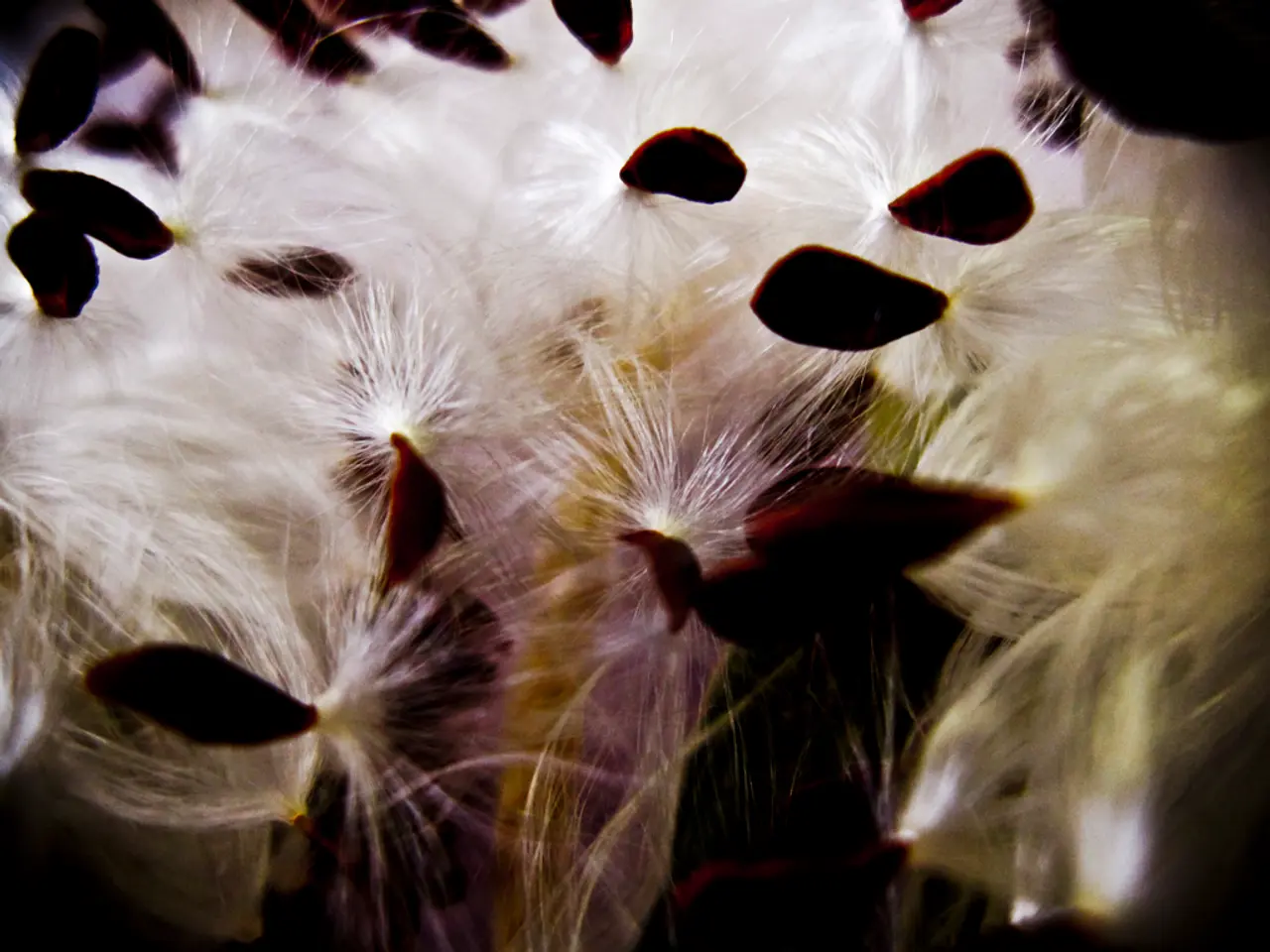Warnings issued regarding Seed Bill proposal, suggesting potential influx of counterfeit, uncertified seed products into the market
As the short rains approach, the Kenya Plant Health Inspectorate Service (Kephis) and various government officials have issued warnings against the use of uncertified seeds. The concern arises from the Seed Bill 2025, a proposed legislation sponsored by Narok Senator Ledama Ole Kina, which, according to Kephis, may weaken regulatory safeguards and increase the market presence of fake, uncertified seeds.
Joseph M'Eruaki, the chairman of Kephis, has been vocal about the potential threats that uncertified seeds pose to national food security. He emphasises the importance of seed integrity, stating that uncertified seeds could result in poor yields and potentially threaten the country's food security. M'Eruaki further warns farmers against buying or planting uncertified seeds, stressing the potential consequences for both individual farmers and the nation as a whole.
The Seed Bill 2025 proposes a new registration system that operates independently of the current Kephis process. This new system, according to the bill, aims to speed up farmers' access to improved seed varieties. However, the bill also introduces a shorter approval process through the Kenya Bureau of Standards (KEBS), which some fear could lower certification standards, create loopholes in seed regulation, and flood the market with counterfeit seeds.
Kipchumba Rutto, the Kitui County Commissioner, has pledged enforcement support to eliminate fake seeds from the market. He joins M'Eruaki in urging farmers to be vigilant and only purchase certified seeds. Those found selling counterfeit seeds will face prosecution, as stated by M'Eruaki.
Despite the concerns surrounding the Seed Bill 2025, it is important to note that the bill has been designed to improve farmers' access to improved seed varieties. If enacted in a revised form, it could potentially benefit farmers and contribute to national food security.
In a positive development, Kephis, in collaboration with the Ministry of Foreign Affairs, has secured a new horticultural export market in Mayotte Island. This expansion of export opportunities underscores the importance of maintaining high seed quality and regulatory standards.
As the Seed Bill 2025 makes its way through the legislative process, it is crucial that all stakeholders, including farmers, government officials, and regulatory bodies, work together to ensure that the final legislation protects the integrity of seeds and safeguards national food security.
Read also:
- Peptide YY (PYY): Exploring its Role in Appetite Suppression, Intestinal Health, and Cognitive Links
- Toddler Health: Rotavirus Signs, Origins, and Potential Complications
- Digestive issues and heart discomfort: Root causes and associated health conditions
- House Infernos: Deadly Hazards Surpassing the Flames








